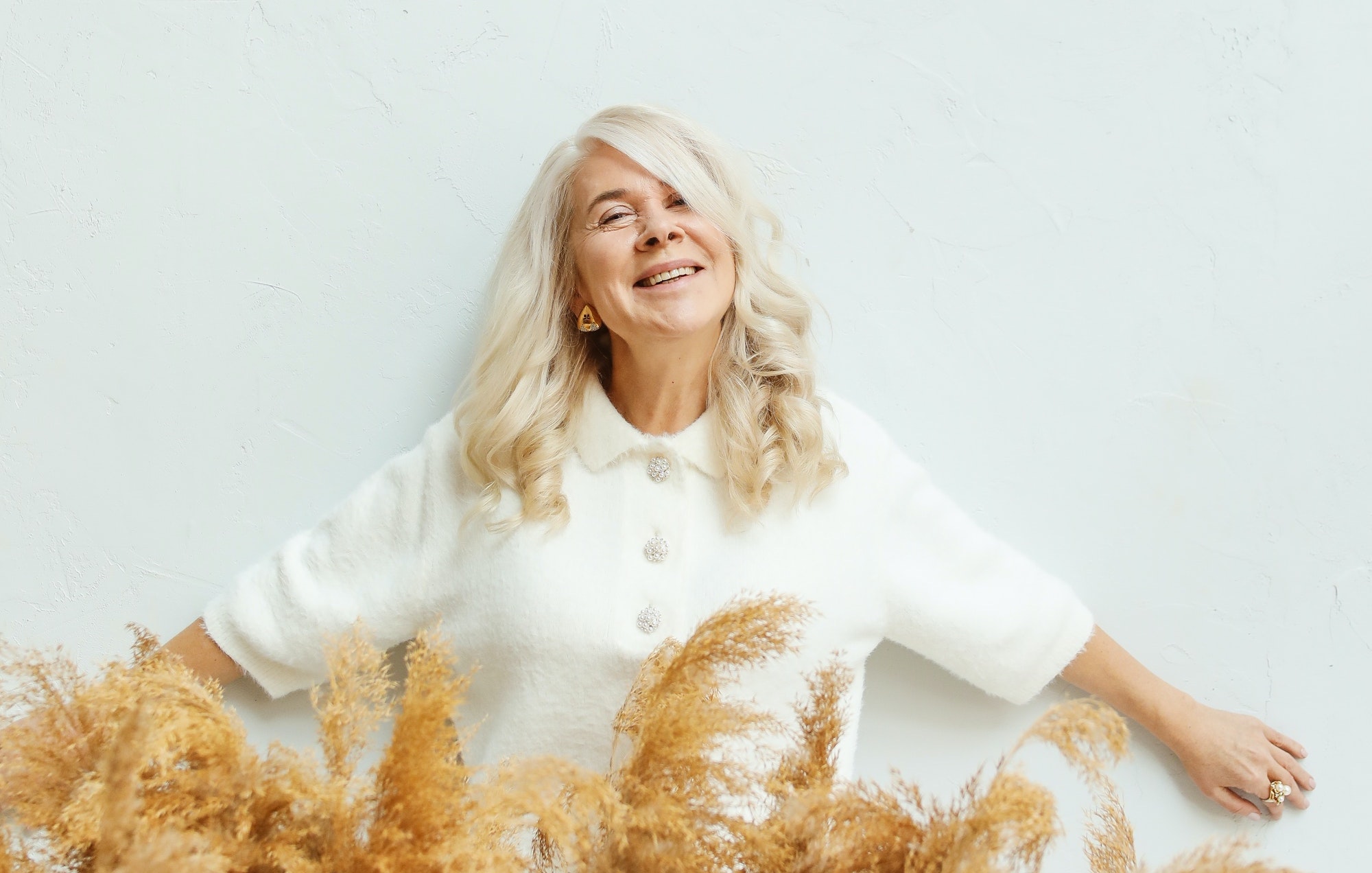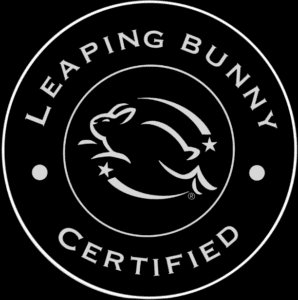Moving Away From “Anti-Aging” Skincare
“Anti-aging” is a term that isn’t as embraced by the beauty industry as it used to be. Instead, people are praising the aging process and seeking ways to age gracefully. Allure Magazine, along with many other brands, is ushering in the age of “pro-aging,” a time to embrace the years we’ve been given and not dwell on wrinkles and fine lines. In this blog, we will explore the use of the moniker “anti-aging,” Allure’s terminology pledge, celebrities who celebrate their age, and how to take care of your body and mind for a beautiful and healthy aging process.
Goodbye “Anti-Aging, Hello “Glow” and “Radiance”
The modern anti-aging industry started in the early 20th century, when two female beauty pioneers, Helena Rubinstein and Elizabeth Arden, competed to get their potions into women’s skincare routines. In his book, Branded Beauty: How Marketing Changed the Way We Look, journalist Mark Tungate writes of this competitive duo by saying,
“On the one hand, their products pleased, pampered, and, yes, beautified millions of women. On the other, their advertising copy contrived to persuade their customers that aging was not only undesirable but somehow shameful.”
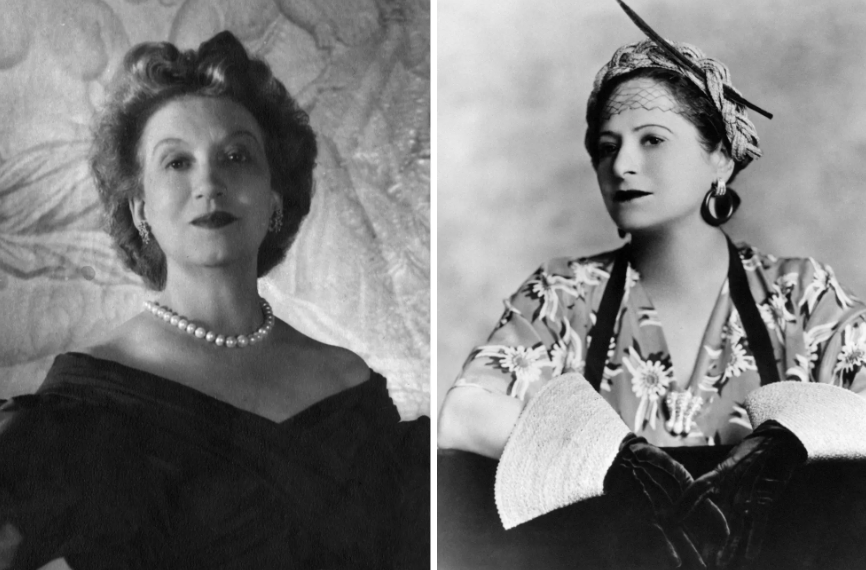
Pictured: Elizabeth Arden (Left) and Helena Rubinstein (Right) Source: NY Post
Elizabeth Arden, which is now owned by Revlon, set the tone for how skincare was sold for the next century. However, in 2010, an analyst told the Wall Street Journal, “Many women out there won’t buy anything with “anti-aging” on it.” This is also when “anti-aging” began to be phased out in place of more positive terminology.1
While there wasn’t necessarily a huge pushback to the idea of “anti-aging,” there was an abundance of indie brands, like Saturday Skin and Herbivore, which use more holistic and positive language like “glow,” “radiance,” and “luminosity,” rather than positioning skin as something that requires a fight to maintain.2
In 2016, the beauty industry regrouped after data suggested that individuals were not buying traditional anti-aging products, according to the trade publication WWD.3 Two years later, with more positive terminology, the sales of products meant to provide glowy, radiant results were up 44%.4
Allure Banned “Anti-Aging” Within Its Pages
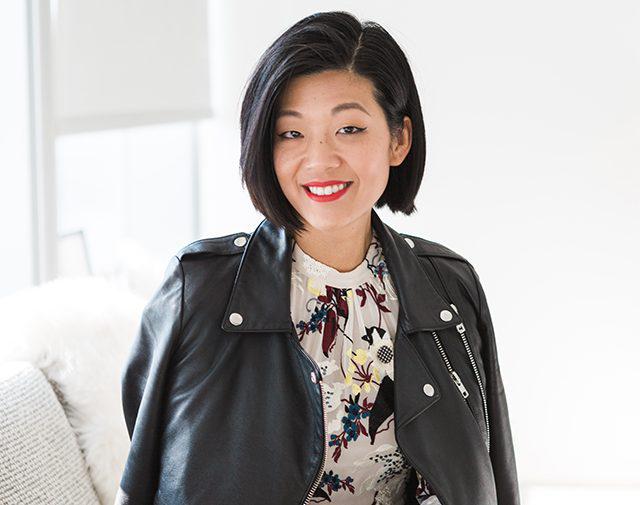
Pictured: Michelle Lee Source: Forbes
Michelle Lee, the former editor-in-chief of Allure, felt pressure that the term “anti-aging” had negative connotations and was not inclusive. She’s compared the term to phrases like “dieting” and “throws like a girl,” which both had underpinnings in shaming and sexism. Lee saw the term “anti-aging” similarly, albeit for ageism.
“The world has really moved into this space of acceptance and not shaming people,” she says. “We see so many things like hashtags about acne acceptance and size acceptance and gender and hair texture and everything else. But for some reason, the conversation around aging still hadn’t necessarily been there.’”
In a skincare context, Lee viewed “anti-aging” as a marketing construct. She once said, “When you’re talking to your friends, you say, ‘What vitamin C serum are you using?’ or, ‘What eye cream are you using?’ You don’t ever say to somebody, ‘What is the anti-aging product that you’re using?’”
There are still brands that use “anti-aging,” but many, like Allure, have moved away from the term. In fact, in 2018, Lee made the decision to ban the use of the moniker from Allure’s pages. She wrote in an editor’s letter, “Changing the way we think about aging starts with changing the way we talk about aging.”
You can take a look at Allure’s official statement on getting rid of “anti-aging” terminology here.
Celebrities Unabashed to Show Their Age
While Hollywood is notorious for being an ageless city, not all celebrities have bought into the hype of staying young forever. Many have even voiced their love for aging naturally and gracefully. Here are a few examples:
Jennifer Connelly
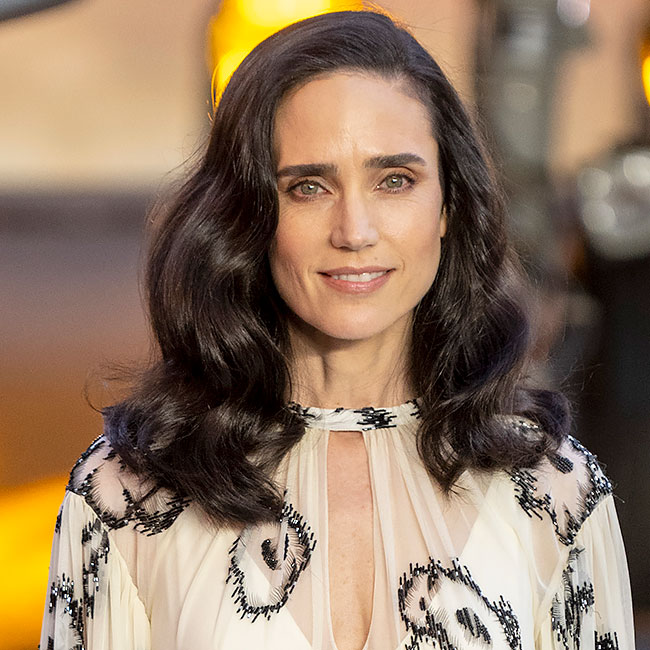
Pictured: Jennifer Connelly Source: She Finds
Jennifer Connelly, who is 51 years old, isn’t afraid of the natural changes of growing older. She told People Magazine, “We equate beauty for women with youth, and that’s sad. It’s a shame it’s so hard for so many of us to appreciate the beauty of an older woman and to accept it in ourselves. I don’t want to erase my history on my face.”
Mädchen Amick
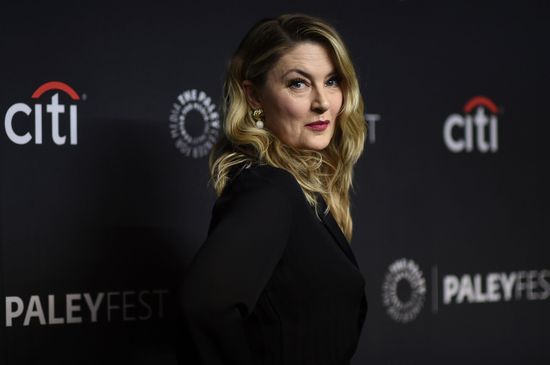
Pictured: Mädchen Amick Source: Shutter Stock
Mädchen Amick, who will be celebrating her 52nd birthday this year, is all about embracing the years as they come at her. “I’m a big advocate of aging gracefully and embracing beauty as it evolves,” she told SolCal Pulse.
Lauren Hutton
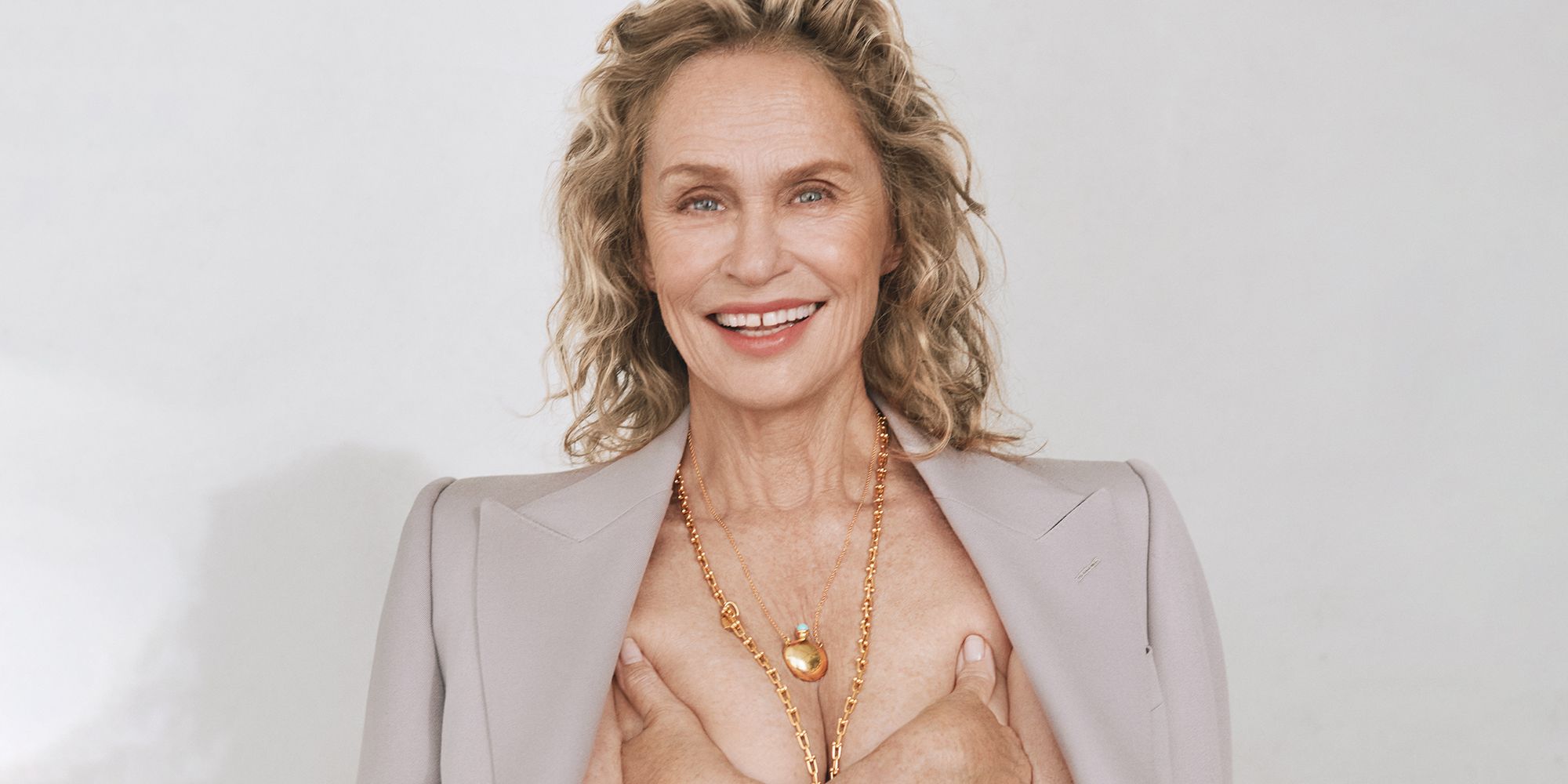
Pictured: Lauren Hutton Source: Harper’s Bazaar
Lauren Hutton, 78, has accepted that women age, so why fight it? “I’ve let go that I look like a miniature Shar-Pei. The wrinkles are going to be there, and they really are the badges of your life,” she told People.
Julie Chen
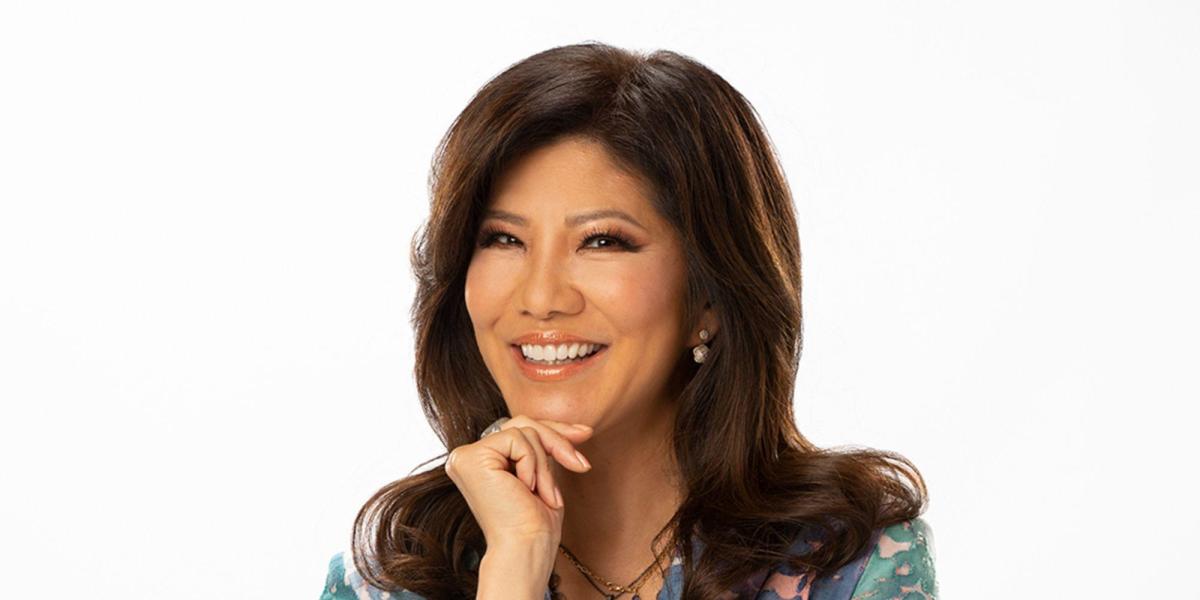
Pictured: Julie Chen Source: Parade
Julie Chen, 52, has always been an advocate for loving each stage of life you’re in. “If you’re trying to be something you’re not, whether it’s an age or a certain type of personality, you’re just going to be in misery,” she shared with Prevention. “You have to own who you are, and part of who you are is your age.”
Christy Turlington Burns
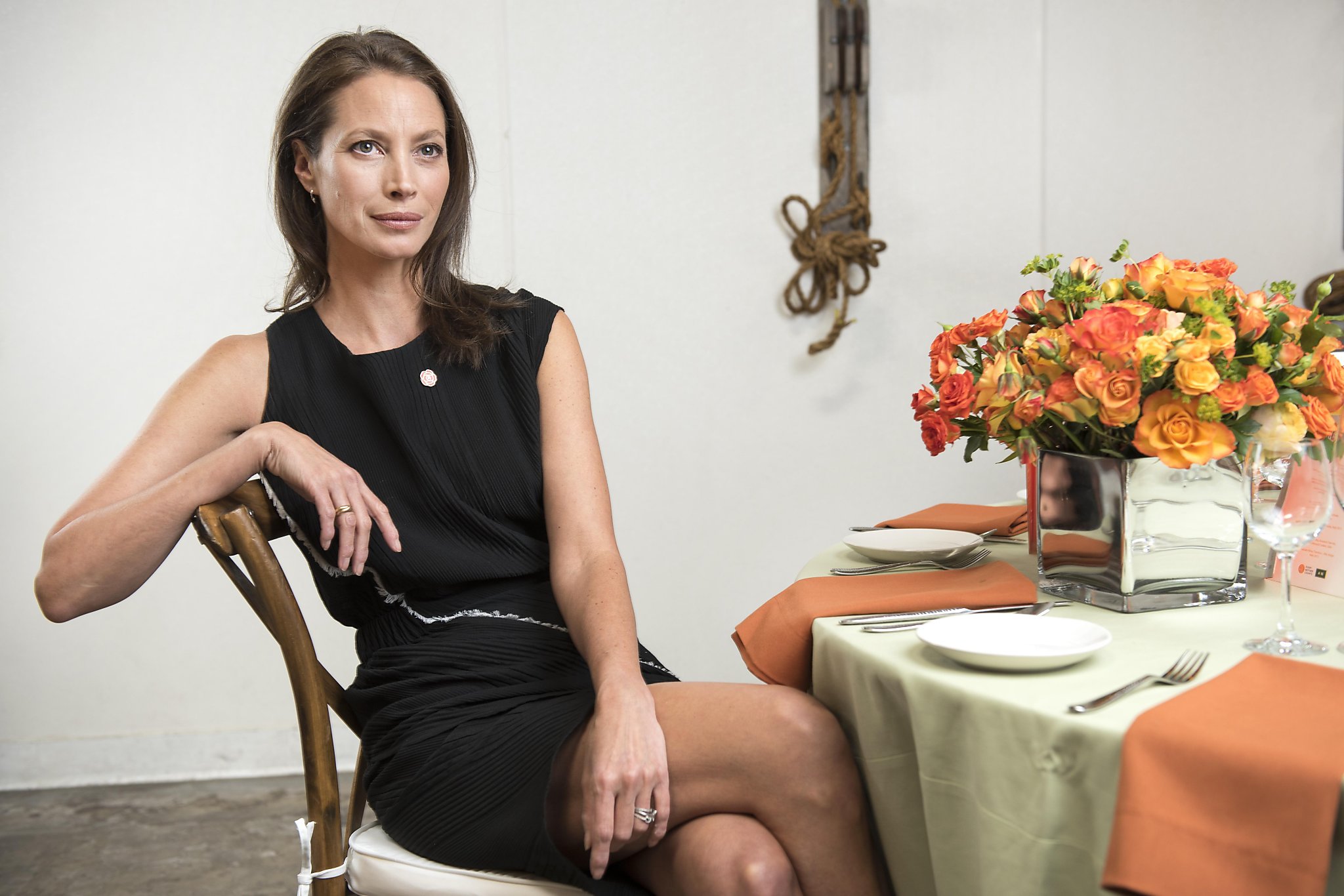
Pictured: Christy Turlington Burns Source: San Francisco Chronicle
Christy Turlington Burns, 53, wants to look her age. “Everybody is so anti-aging, but I don’t want to look younger than I am. Our face is a map of our life; the more that’s there, the better,” she told ELLE.
How to Take Care of Your Health and Well-Being to Age Gracefully
Many factors influence healthy aging; some of these, like genetics, are not in our control, but others — like exercise, eating healthy, living stress-free, and visiting the doctor — are within our reach. Here are a few steps you can take to promote healthy longevity:
Get Moving
Whether you enjoy it or despise it, physical activity is an important part of healthful living at every age. Scientific evidence has found that people who exercise regularly not only live longer but also may live better, meaning they enjoy more years of life without sickness or pain.
A study on adults found that taking 8,000 steps or more daily was associated with a 51% lower risk of death from most natural causes. You can increase the number of steps you get each day by doing activities that keep your body moving, such as walking the dog and taking the stairs instead of the elevator.5
Check out this article highlighting ways to motivate yourself to work out, and stay in that motivated mindset.
Eat Healthy
Eating healthy food can improve brain function, while also keeping your body in good shape. The 2020-2025 Dietary Guidelines for Americans provides healthy eating recommendations for each stage of life and suggests eating fresh fruits and vegetables, whole grains, healthy fats, and lean proteins.
Even if you haven’t thought much about healthy eating until recently, changing your diet can improve your well-being as you age. If you are concerned about the foods that you eat, chat with your doctor about ways that you can make better food choices.
Interested in learning more about foods that promote healthy aging? This article touches on seven foods that’ll keep your stomach full and your body happy.
Live Stress-Free
While stress is a natural part of life, it comes in many different forms. Sometimes stress arises from difficult events or circumstances, but positive changes, like getting a promotion, can also cause stress. Research shows that constant stress can change the brain, affect memory, and increase the risk of developing Alzheimer’s.6, 7
You can help manage your stress through meditation techniques, physical activity, and participating in activities you enjoy. Keeping a journal is also a wonderful way to help you identify and challenge negative and unhelpful thoughts.
Looking to de-stress? This article outlines ten ways to help you through stressful situations.
Go to the Doctor Regularly
Going to the doctor for regular health screenings are essential to a healthy life. A 2021 study found that regular check-ups help doctors catch chronic diseases early and can help patients reduce risk factors for disease, such as high blood pressure and cholesterol levels. People who went to the doctor regularly also reported improved quality of life and feelings of wellness.8
Check out this article to learn how to make the most of your doctor’s appointments.
Enrich Your Self-Esteem With Clarissa Burt
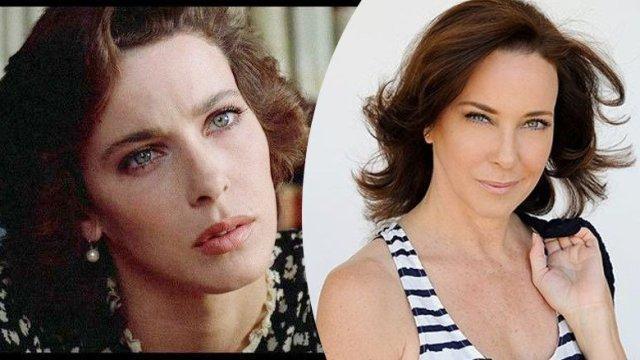
Pictured: Clarissa Burt Source: Yahoo
Clarissa Burt is the founder and CEO of In The Limelight Media, along with being a media personality, producer, director, writer, author, public speaker, former supermodel, and self-esteem advocate.
Clarissa is passionate about helping people build self-esteem. Her book The Self-Esteem Regime is an action plan for becoming a more confident person.
Jennifer Norman, founder of The Human Beauty Movement, recently spoke with Clarissa on the podcast, Role Models. The interview is chock-full of great ways you can reveal and embrace the essence of your greatness.
Eager to learn more about Clarissa and how you can improve your self-esteem? You can listen to the Role Models episode featuring Clarissa Burt here. Enjoy the listen, and remember, you can boost your self-esteem no matter your age!
References:
https://www.wsj.com/articles/SB10001424052748703436504574640642148088168 [1]
https://www.racked.com/2017/5/23/15673444/millennial-skin-care [2]
https://wwd.com/beauty-industry-news/skin-care/millennial-beauty-antiwrinkle-baby-boomer-10419202/ [3[
https://pubmed.ncbi.nlm.nih.gov/32207799/ [5]
https://pubmed.ncbi.nlm.nih.gov/31714574/ [6]

